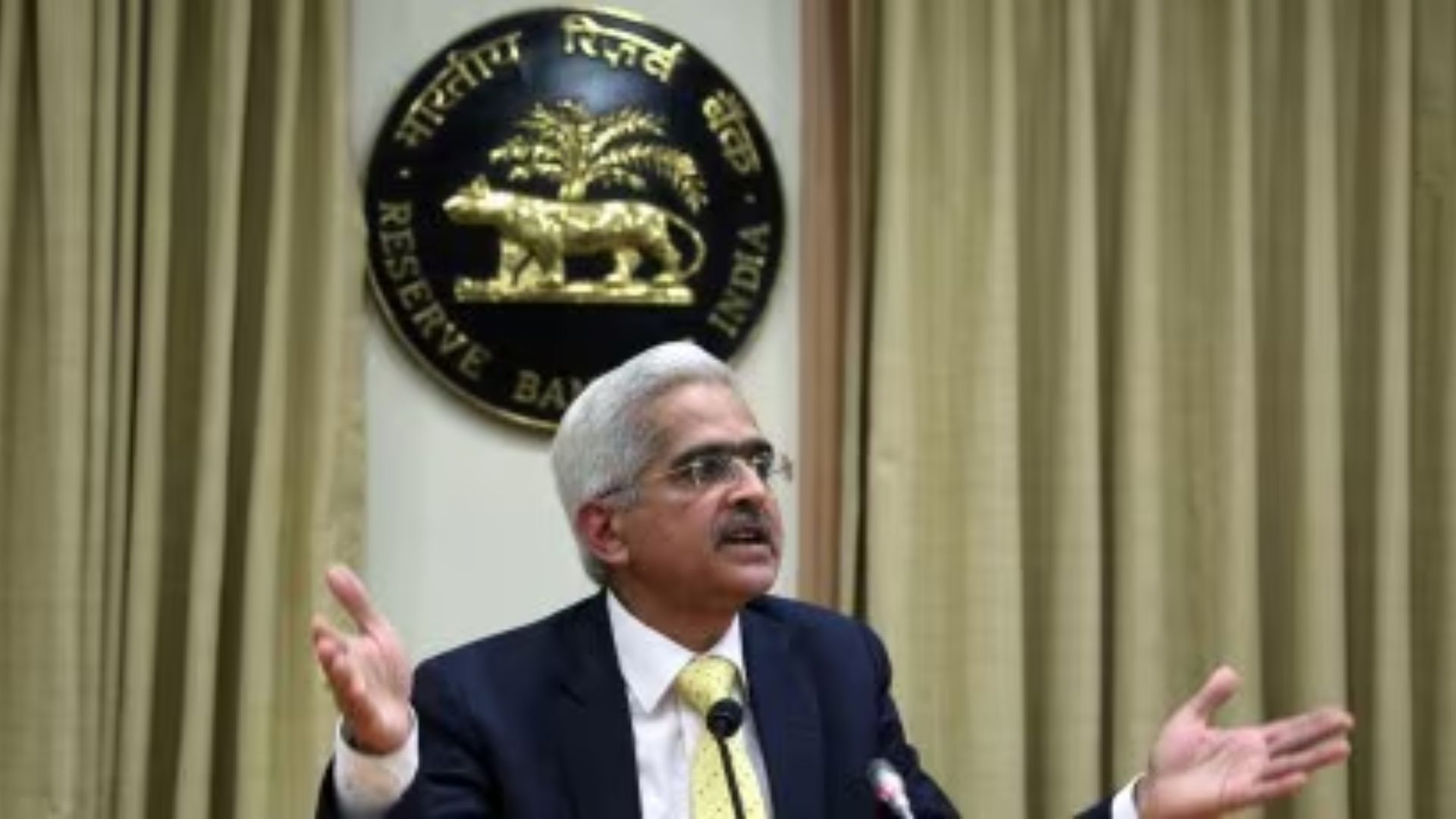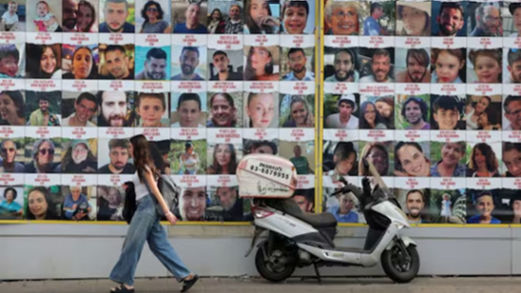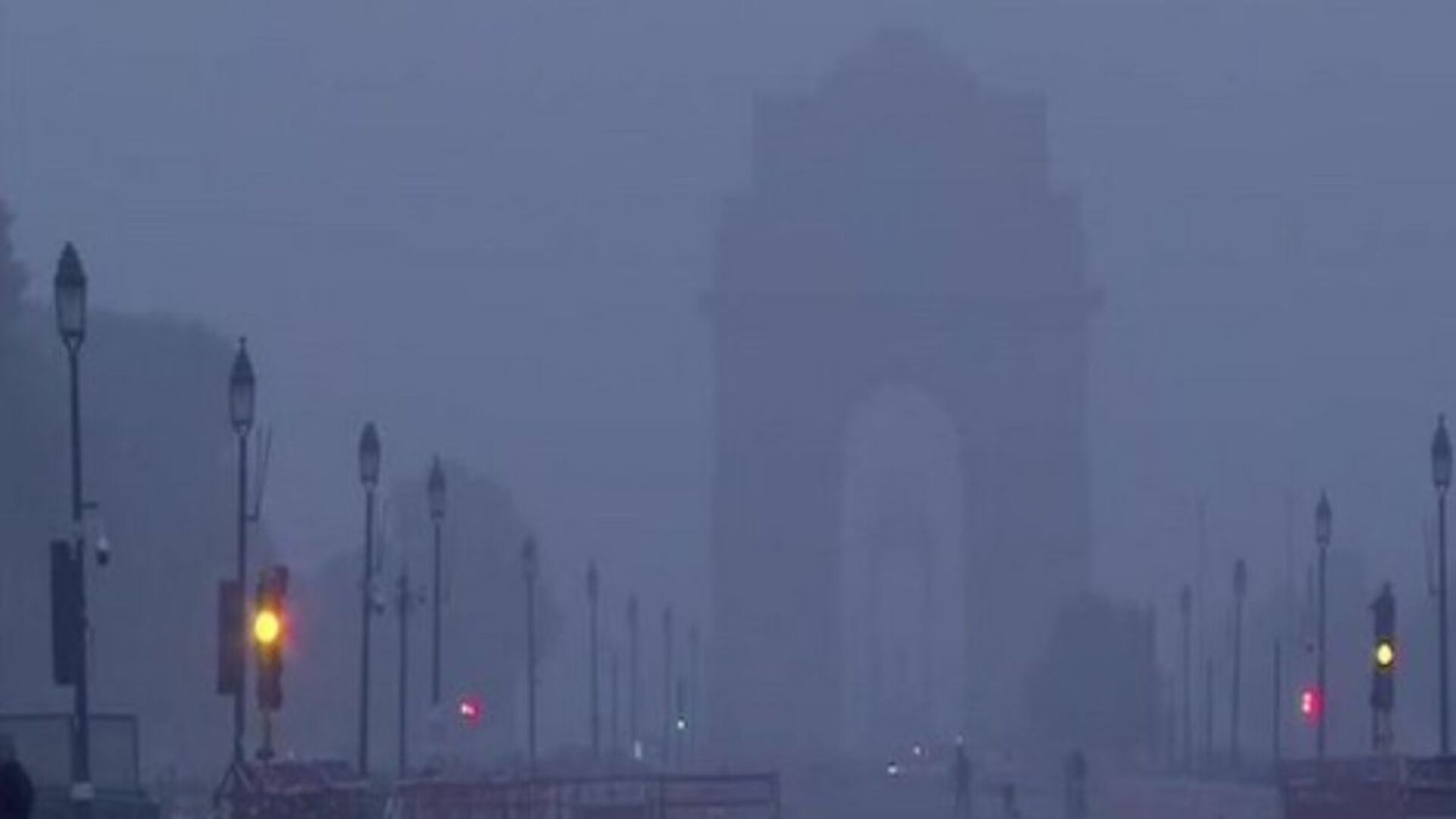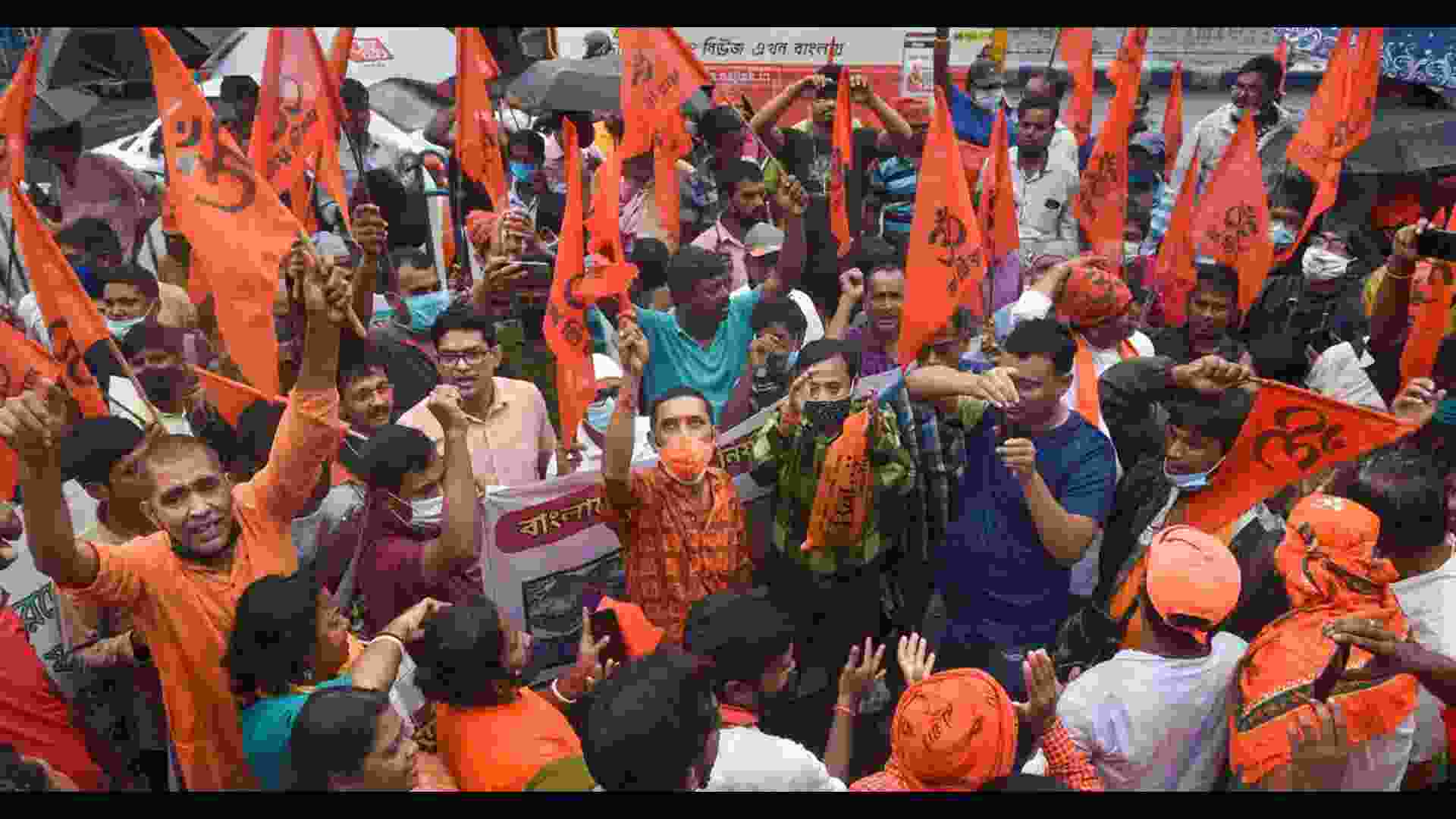RBI Governor Shaktikanta Das highlighted the importance of collaboration between the Reserve Bank of India (RBI) and the government in reducing the conflict between combating inflation and promoting growth. He reiterated that there is no long-term trade-off between growth and inflation, as maintaining low inflation is essential for sustainable economic growth. However, he acknowledged that monetary measures aimed at controlling inflation can dampen demand and have a short-term effect on growth.
Das noted that the lessons learned from the pandemic demonstrated the benefits of coordinated monetary and fiscal policies for achieving better economic outcomes. He stated, “During the pandemic, central banks closely collaborated with governments to tackle the unprecedented crisis. When central banks later confronted inflation at multi-decade highs, governments implemented supply-side measures to alleviate inflationary pressures. As a result, the necessary output sacrifice to reduce inflation was minimized.”
Delivering the First Himalaya Shumsher Memorial Lecture at Nepal Rastra Bank in Kathmandu on Tuesday, Das mentioned that the RBI had injected over Rs 5.5 lakh crore into the economy to mitigate the impact of lockdowns and ease business stress. Subsequently, when the RBI raised interest rates in 2022 to combat inflation, the government took various actions to address the rising commodity prices.
In his address, Das remarked that the role of central banking has evolved over the past decade. Previously, central banks focused primarily on price stability, but now their mandate encompasses sustained growth and financial stability in addition to price control. He explained, “The trade-off between price stability and growth arises when the effort to achieve price stability involves significant sacrifices in growth.”







